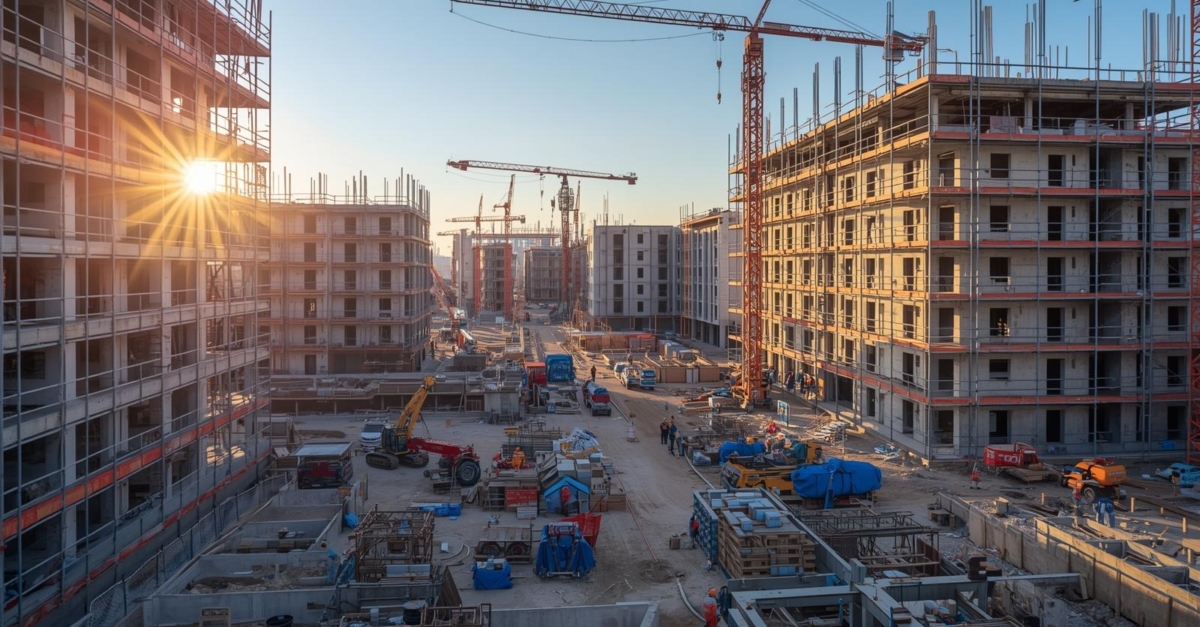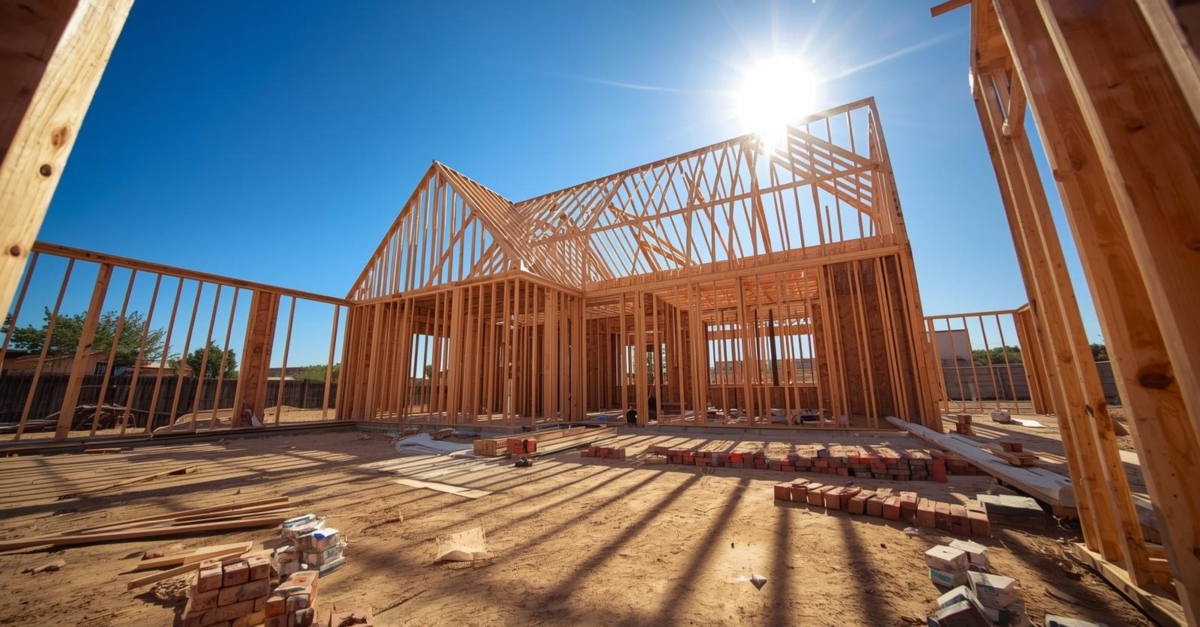Delayed delivery of a VEFA or CCMI? Find out the key points to consider when signing the contract and how to request payment of late payment penalties.
1. VEFA and CCMI: two different legal regimes
Buying a property off-plan or having your own house built is often a lifetime project. But when delivery is delayed, the frustration is immense. The good news is that the laws protect you. You just need to know what you can claim and how to effectively assert it.
This article explains how the right to compensation works in the context of a sale in future state of completion (VEFA) and in that of individual house construction contracts (CCMI).
VEFA (Sale in Future State of Completion)
In this contract, the developer (seller) immediately transfers their rights to the land and existing buildings to you. Future works become your property as they are completed. In return, you are required to pay the price as the work progresses.
The developer (seller) also undertakes to deliver the property on a specific date.
In the event of an unjustified delay in delivery, you can claim damages for the loss suffered and late payment penalties if and only if the contract provides for this.
It is important to understand the distinction between damages and late payment penalties:
- The damages will be awarded as compensation for the losses you have suffered on the basis of supporting documents (moral damage, loss linked to the rental of accommodation while awaiting delivery of your property or loss linked to the absence of rent collection during this period, storage or furniture storage costs, payment of interim interest, etc.)
Their aim is to financially compensate for the damage suffered with a view to reparation. - Late payment penalties are amounts contractually stipulated in the event of unjustified delays to encourage compliance with deadlines. Therefore, it is not necessary to prove the existence of damages for the payment of these penalties. It is sufficient to provide proof of a delay in delivery that is not justified by a legitimate cause for postponement provided for in the contract.
These penalties have a punitive rather than a restorative objective and are not exclusive of a claim for damages.
So be vigilant ! In terms of VEFA, no text imposes on the seller the obligation to provide for late delivery penalties in the event of late delivery, but a clause in the sales contract may expressly provide for them.
The contract may expressly stipulate the payment of late payment penalties. In the absence of such a clause, the purchaser may only request the payment of damages, provided that they can prove the existence of a loss.
A word of advice : whether at the level of signing the reservation deed or the deed of sale at the notary, be vigilant about the existence or not of a clause providing for late payment penalties and do not hesitate to negotiate with the developer for the implementation of such a stipulation.
The CCMI (individual house construction contract)
In this contract, you build a house on land you already own. The builder commits to a total price and delivery time.
Here, the texts require that the contract expressly mentions a deadline for the execution of the work as well as the penalties applicable in the event of unjustified delay in delivery (article L.231-2 of the Construction and Housing Code). These penalties cannot, moreover, be lower than the legal threshold; any clause providing for a lower amount would be deemed unwritten.
The calculation of minimum late penalties is carried out by multiplying the agreed price for the construction of the house by 1/3000 for each day of delay observed in the delivery of the work (article R.231-14 of the Construction and Housing Code).
These penalties are due automatically as soon as the unjustified delay is noted, without it being necessary to demonstrate the existence of specific damage.
Please note, however, that the judge may moderate the amount of the penalties if they appear manifestly excessive or derisory in relation to the damage actually suffered, in accordance with article 1231-5 of the Civil Code.
2. How to claim compensation in the event of a delay in VEFA and CCMI?
1. In VEFA Check your contract : check the VEFA contract to see if there is a clause establishing late payment penalties.
If none exists, you can only request the payment of damages by justifying the existence and assessment of your losses.
In any case, look for proof of your losses to claim payment alone or in addition to late payment penalties.
2. Ensure that the delay is not justified by a legitimate cause for postponement of delivery provided for in the contract. : ask the seller for certificates proving the reality of the legitimate causes of delay if he invokes any.
3. Send a formal notice to the seller claiming the execution of the contract or the payment of late payment penalties and/or damages by registered letter with acknowledgment of receipt. This process allows the request to be formalized and late payment interest to accrue in accordance with Article 1231-6 of the Civil Code
4. Contact a judge : in the event of refusal or silence from the seller, you have the option of bringing proceedings before the competent courts to obtain an order for the seller to pay the sums due.
If you wish to ensure your protection in the event of a delivery delay before signing a contract, do not hesitate to have your documents reviewed by a lawyer.
Similarly, if you experience delays in the delivery of your property, call on a lawyer who will be able to support you during the compensation process, both in the amicable and contentious phases.
The COMPAS AVOCATS firm is at your side for all your procedures in this regard.







